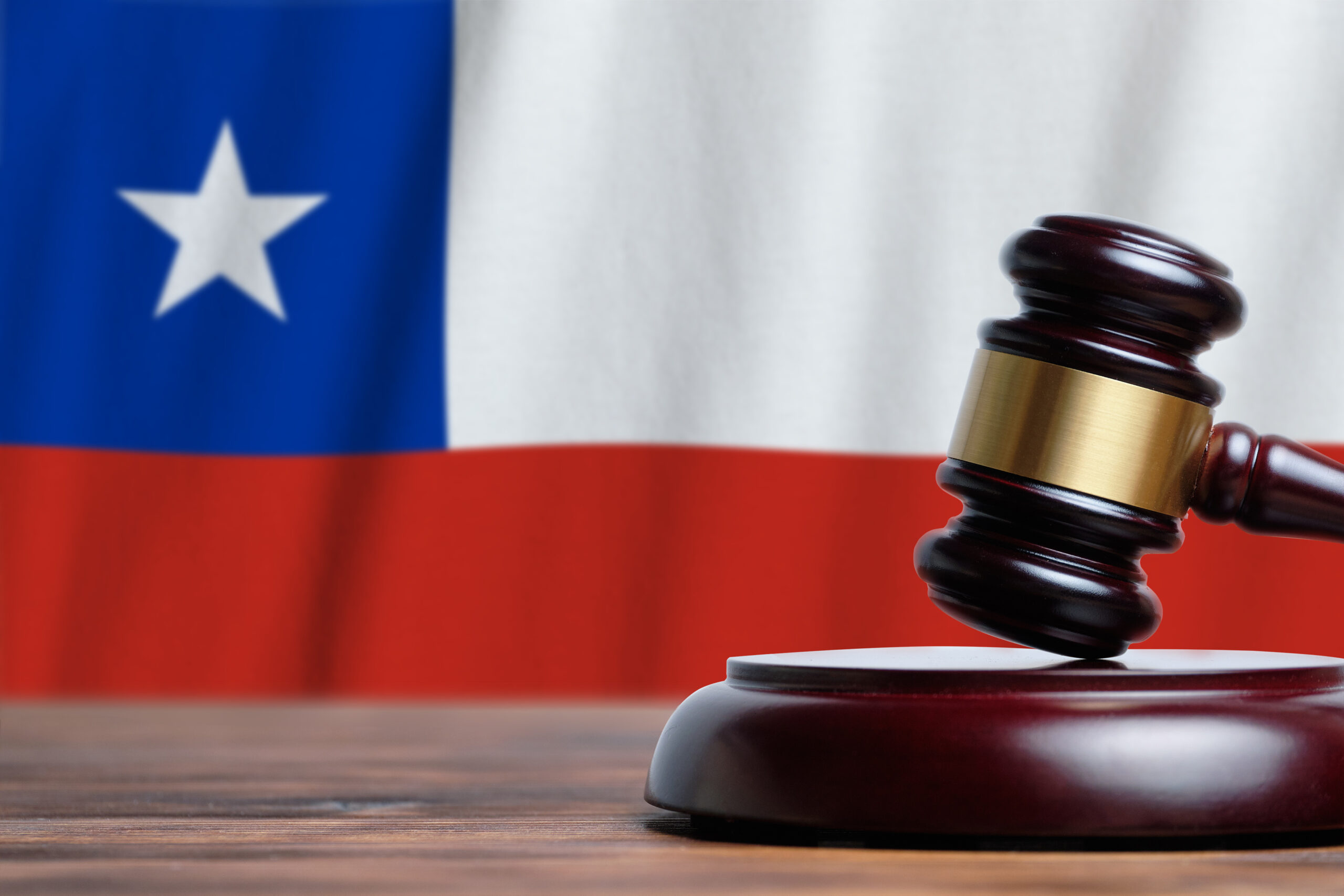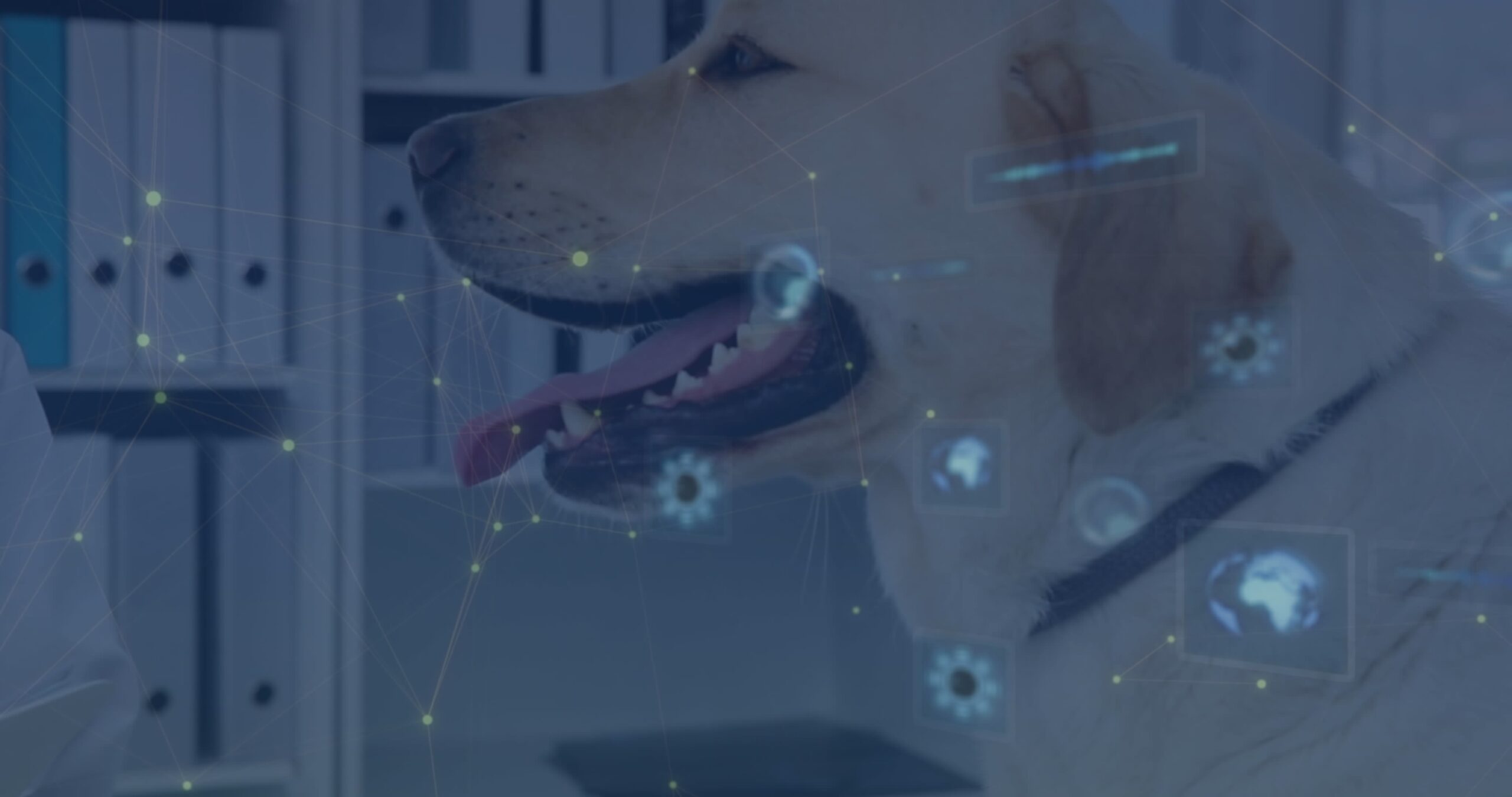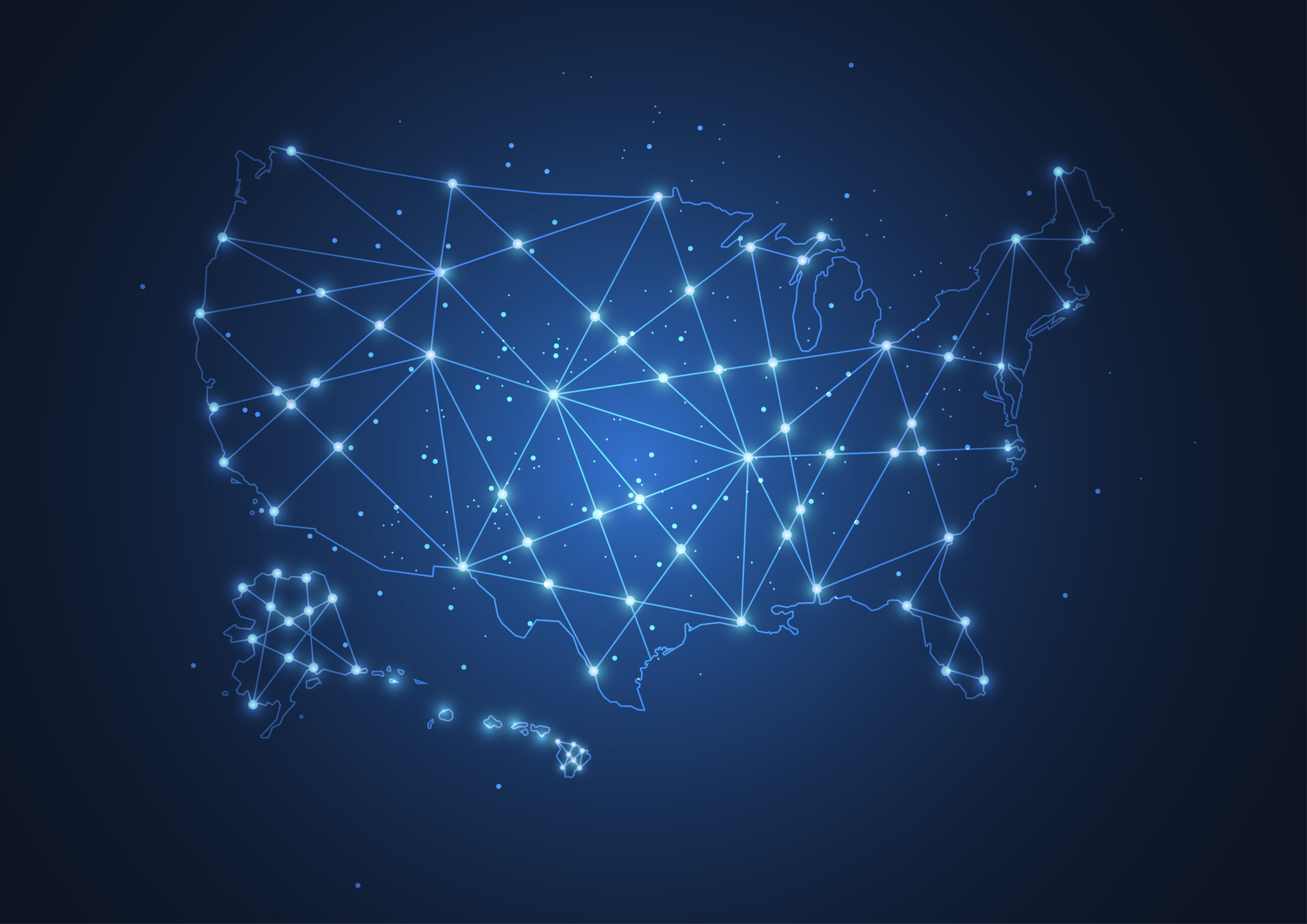Showing results for virg promo code xped argentina

AI Regulation in Latin America: Overview and Emerging Trends in Key Proposals
[…] the OECD’s AI Principles, focused on transparency, security, and responsibility of AI systems, and to UNESCO’s AI Ethics Recommendation, which emphasizes the need for a human-centered approach, promoting social justice and environmental sustainability in AI systems. All bills reviewed ground the development of AI in privacy or data protection as a guiding principle to […]

Vermont and Nebraska: Diverging Experiments in State Age-Appropriate Design Codes
In May 2025, Nebraska and Vermont passed Age-Appropriate Design Code Acts (AADCs), continuing the bipartisan trend of states advancing protections for youth online. While these new bills arrived within the same week and share both a common name and general purpose, their scope, applicability, and substance take two very different approaches to a common […]

Amendments to the Montana Consumer Data Privacy Act Bring Big Changes to Big Sky Country
[…] lowest numerical applicability thresholds of any of the state comprehensive privacy laws when the law was enacted in 2023. At that time, prior comprehensive privacy laws in Virginia, Colorado, Utah, Connecticut, Iowa, and Indiana all applied to controllers that either (1) control or process the personal data of at least 100,000 consumers (“the general […]

The Curse of Dimensionality: De-identification Challenges in the Sharing of Highly Dimensional Datasets
[…] values are replaced with broader, less precise categories. Examples include replacing an exact birth date with just the birth year or an age range, a specific ZIP code with a larger geographic area, or a specific occupation with a broader job category. This is a core technique used to achieve k-anonymity. While it reduces […]

Chile’s New Data Protection Law: Context, Overview, and Key Takeaways
[…] meet international commitments1. According to the Chilean government, the approved LPPD pursues the dual objective of (i) providing stronger protection for data subjects and (ii) regulating and promoting the country’s digital economy.2 This blog covers some of the new features in the LPPD, including: Extraterritoriality: the new law applies to private and public organizations […]

5 Ways to Be a Top Dog in Data Privacy
[…] annually on January 28 to mark the anniversary of Convention 108, the first binding international treaty to protect personal data. To raise awareness for the day and promote best practices for data privacy, we’ve partnered with Snap to create a Data Privacy Day Snapchat Lens that lets you choose what type of privacy pup […]

What to Expect in Global Privacy in 2025
[…] fragmentation of the cross-border data transfer landscape globally and in APAC into clusters of likeminded jurisdictions, ranging from those like Singapore and Japan that are working to promote trusted data flows (especially through initiatives like the Global CBPRs) to those like Indonesia, India, and Vietnam that have recently renewed their interest in adopting data […]

FPF’s Year in Review 2024
[…] AI legislation. Maryland passed the Maryland Online Data Privacy Act (MODPA) as well as the Maryland Age-Appropriate Design Code Act” (Maryland AADC). Following Connecticut’s lead last year, Virginia and Colorado both amended their state privacy laws to add specific online protections for kids’ data. FPF also examined genetic privacy laws from Montana, Tennessee, Texas, […]

Five Big Questions (and Zero Predictions) for the U.S. State Privacy Landscape in 2025
[…] minimization provisions are also elements of recent sectoral laws including the Washington State My Health My Data Act, the New York Child Data Protection Act, and the Virginia Child Data Privacy Amendment. Taken together, these frameworks portend a new trend toward substantive data minimization standards; however, their statutory requirements vary in subtle but consequential […]

FPF Analysis of New Requirements for Generative AI Use by Healthcare Entities in Patient Communications
[…] Communications Intern On September 28, Governor Gavin Newsom signed California AB 3030, among a host of AI bills. CA AB 3030 amended the California Health & Safety Code and requires specified healthcare entities to disclose the use of generative artificial intelligence (AI) in provider-patient communications through visual or verbal disclaimers presented before, during, and/or […]
